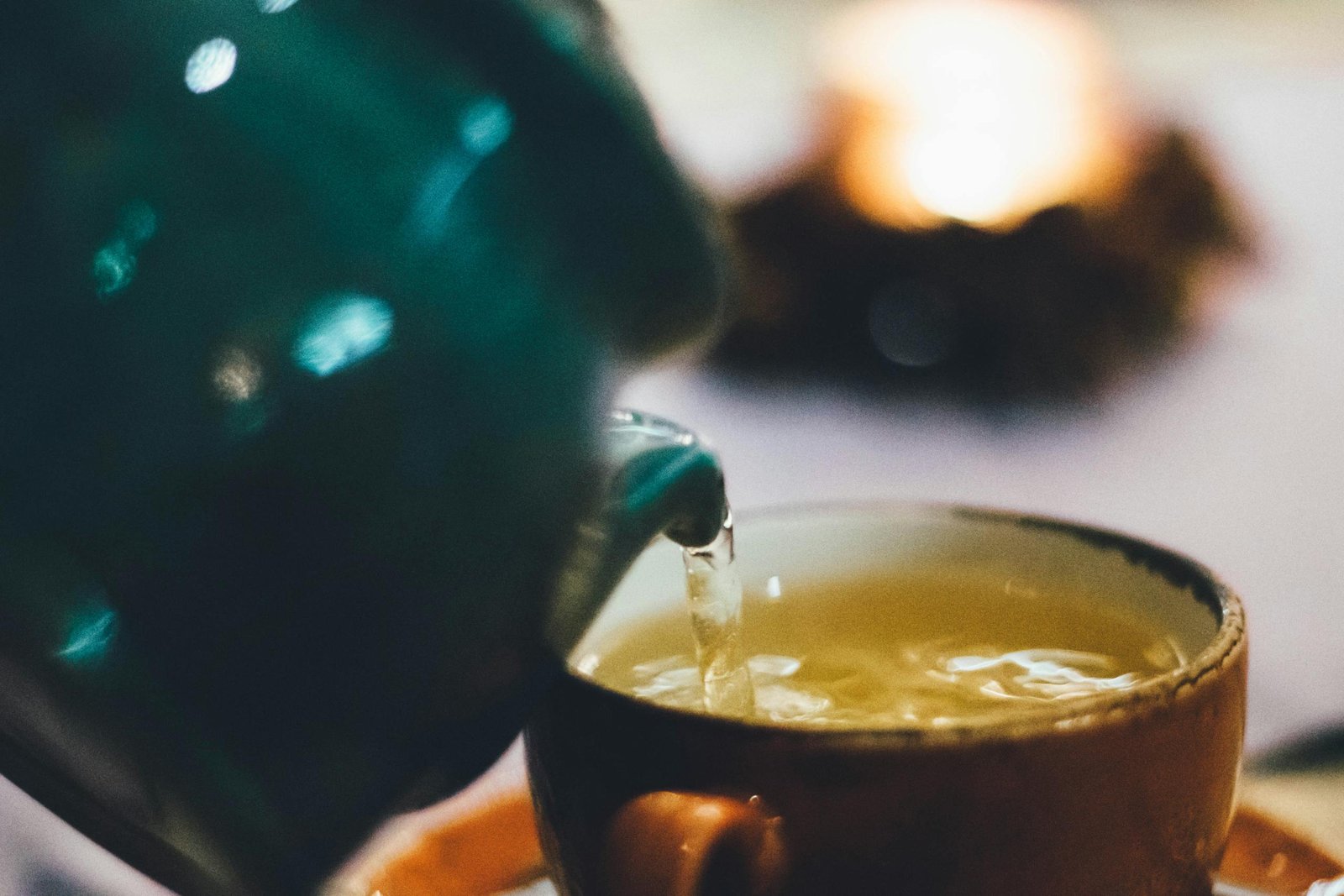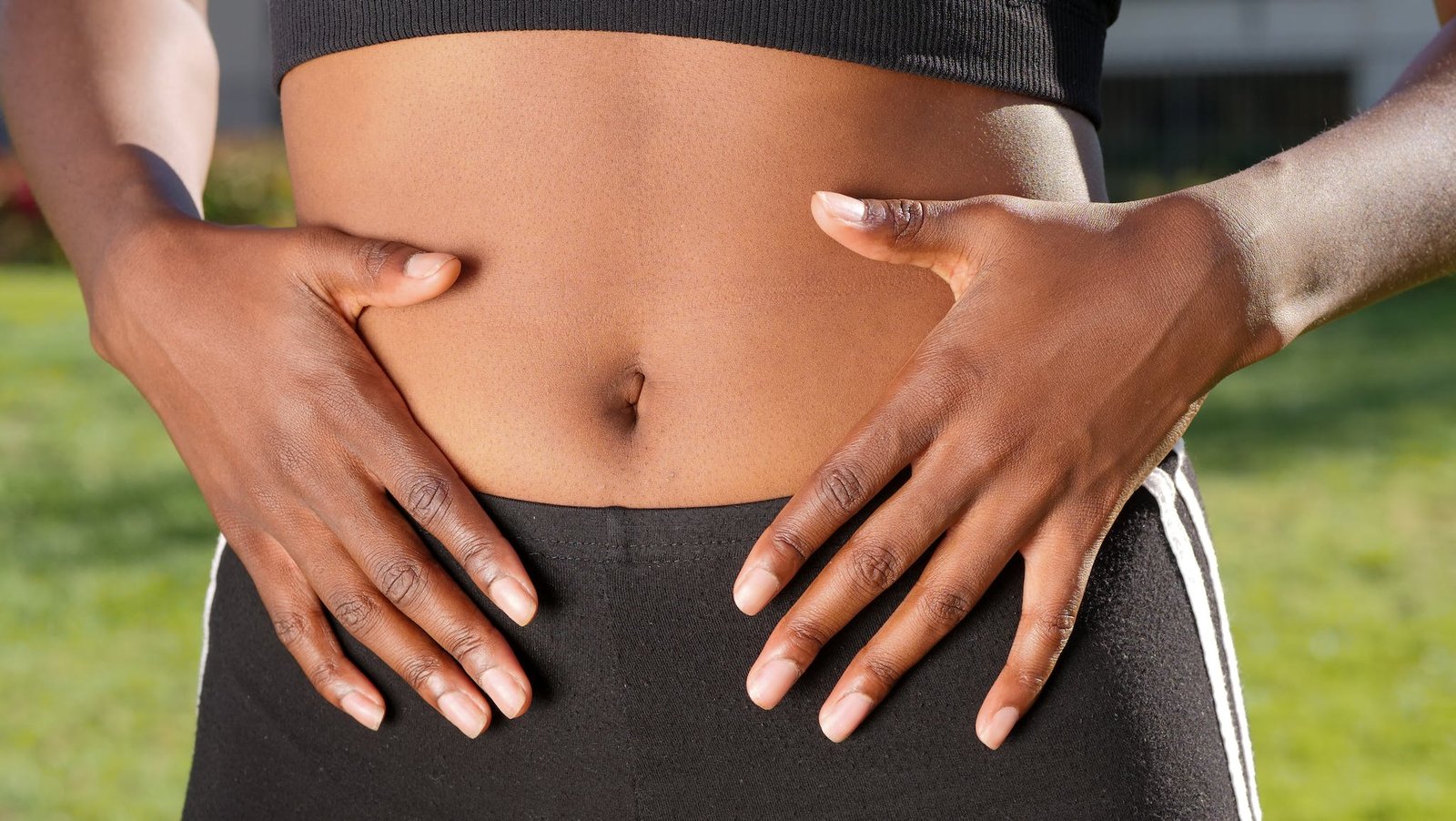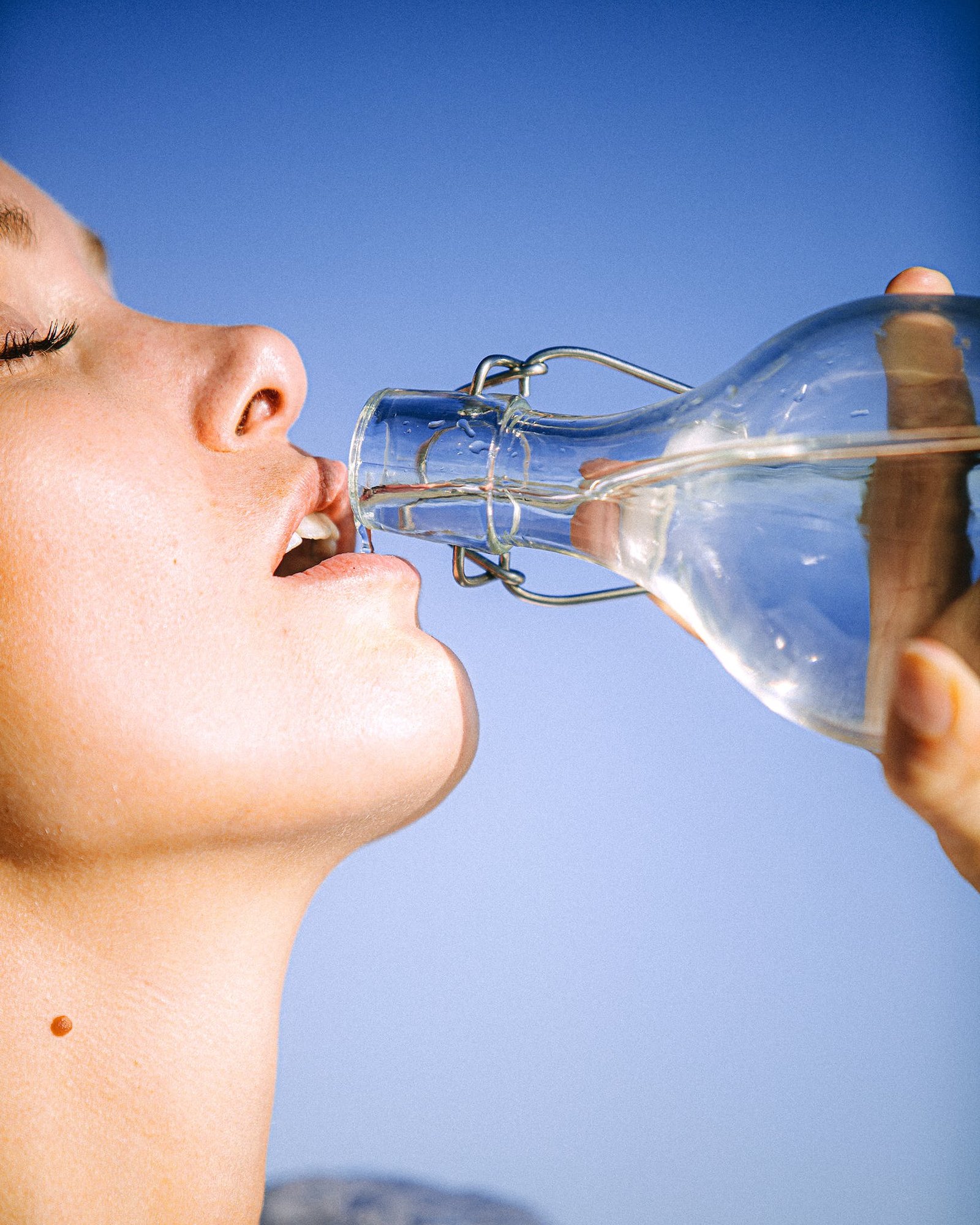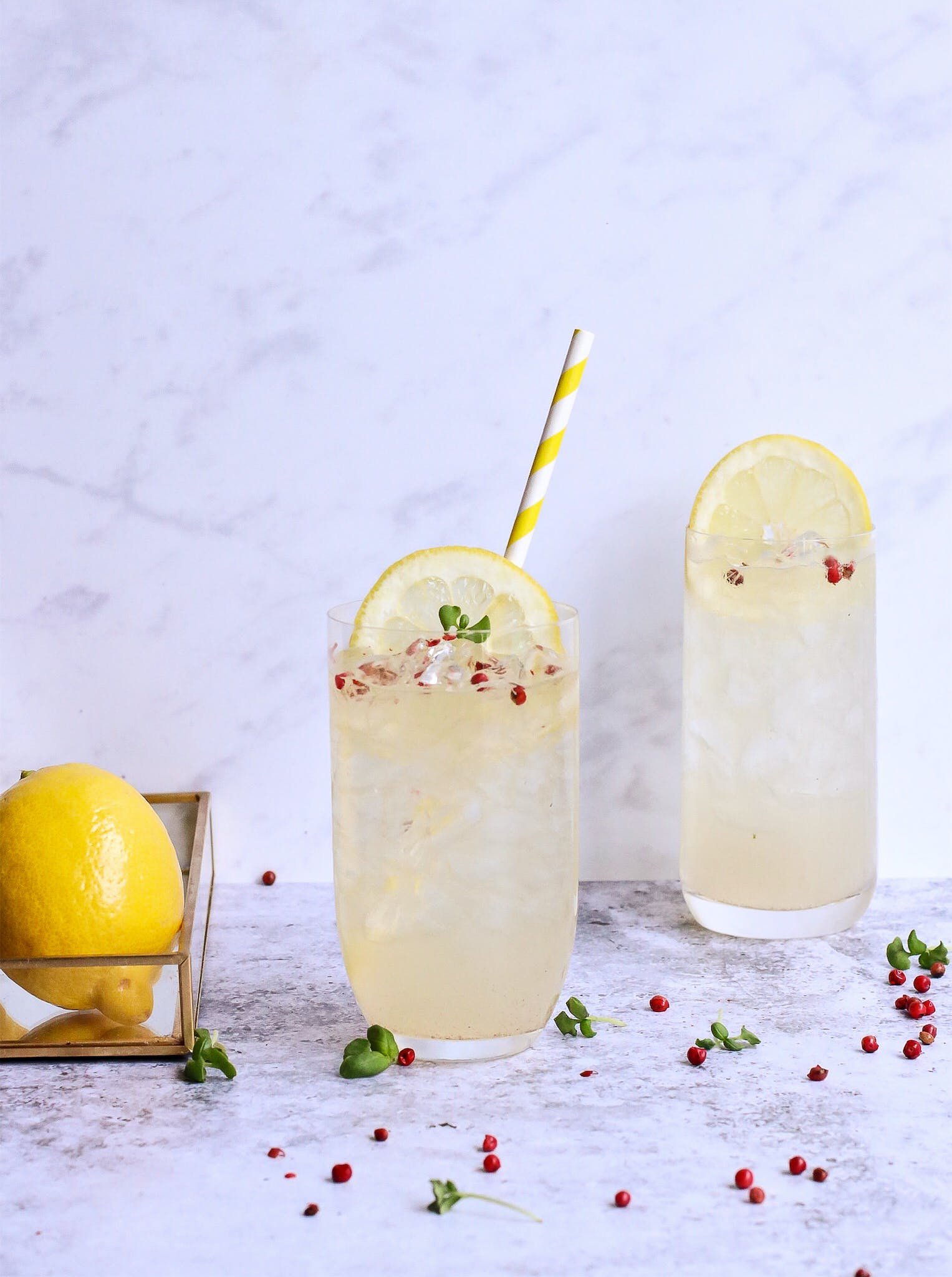Water Vs Juices, Teas and Other Beverages
There are some affiliate links below, but they are all products I highly recommend. For more info, view my disclosure here.
Are you confused about what to drink for optimal hydration? Water, juices, teas, and other beverages all claim to quench your thirst, but which is truly the best choice?
We will explore the benefits and drawbacks of these different options. Discover the nutritional value of water compared to juices, the health benefits of tea, the impact of sugary beverages, and more.
Get ready to make informed decisions about what you drink to stay hydrated.
The Importance of Hydration
Staying hydrated is crucial for your overall well-being. Water is essential for maintaining proper bodily functions and keeping your body in balance. When you’re properly hydrated, your body can perform at its best, both mentally and physically.
One of the main reasons why staying hydrated is important is that water helps regulate your body temperature. It helps to cool you down when you’re hot and keeps you warm when you’re cold. Water plays a vital role in digestion and nutrient absorption. It helps break down food and transports nutrients to your cells, keeping your digestive system functioning properly.
Furthermore, staying hydrated is important for maintaining healthy skin. Water helps to moisturize your skin from within, giving it a radiant and youthful appearance. It also helps flush out toxins, preventing acne and other skin problems.
In addition to water, other beverages like juices and teas can contribute to your hydration levels. However, it’s important to note that water should be your primary source of hydration. While juices and teas can provide some hydration, they often contain added sugars or caffeine, which can have negative effects on your health if consumed in excess.
Nutritional Value: Comparing Water and Juices
You’ll find that juices offer more nutritional value compared to water. While water is essential for hydration and plays a vital role in maintaining overall health, juices provide additional benefits due to their natural vitamins and minerals.
When you choose a juice made from fresh fruits or vegetables, you aren’t only quenching your thirst but also providing your body with essential nutrients. For example, orange juice is rich in vitamin C, which boosts your immune system and promotes healthy skin. Similarly, carrot juice is packed with vitamin A, which is essential for good vision and a strong immune system.
Many juices contain antioxidants that help fight inflammation and protect your cells from damage. However, it’s important to choose juices that are 100% natural and without added sugars, as these can negate some of the health benefits.
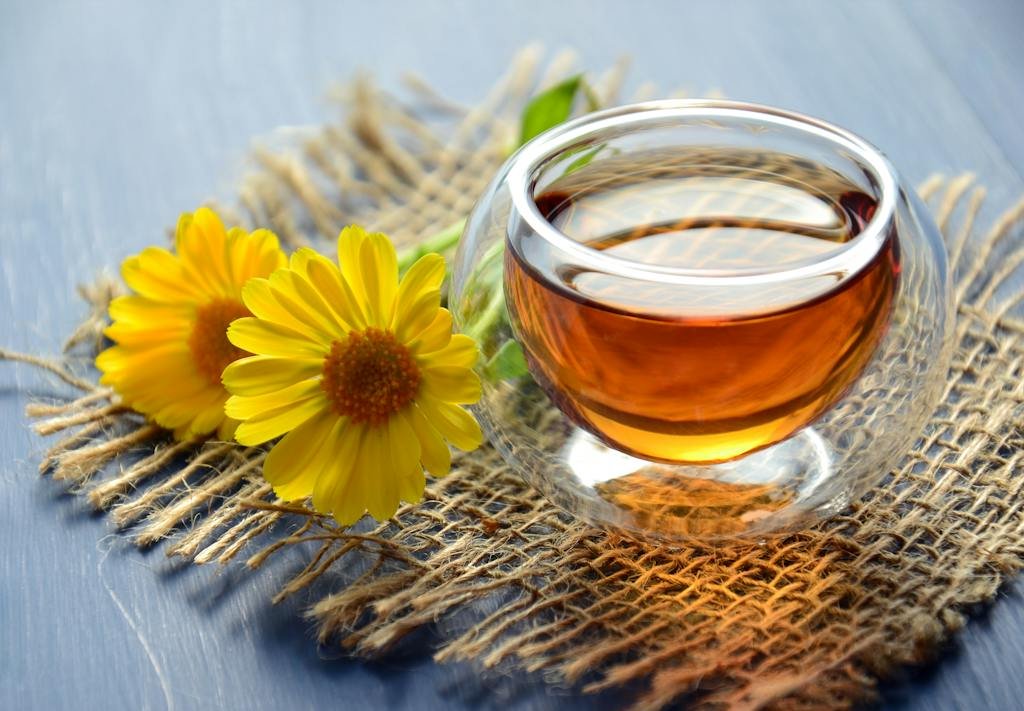
Exploring the Health Benefits of Tea
If you’re looking for a warm and comforting beverage, tea can offer a wide range of health benefits. Not only does it taste delicious, but it can also be a great addition to your daily routine.
One of the main benefits of tea is its high antioxidant content. Antioxidants help to protect your body from damage caused by free radicals, which can contribute to aging and certain diseases.
Tea has been shown to improve heart health by reducing blood pressure and cholesterol levels. It can also boost your immune system, thanks to its antibacterial and antiviral properties.
Another advantage of drinking tea is its potential to aid in weight loss. Some studies suggest that the catechins found in tea can help to increase metabolism and burn fat.
Moreover, tea can be a soothing and relaxing beverage, helping to reduce stress and promote better sleep.
With so many health benefits, it’s clear that incorporating tea into your daily routine can be a great choice for your overall well-being.
The Impact of Sugary Beverages on Your Health
Drinking sugary beverages can have a negative impact on your health, increasing your risk of weight gain and certain chronic diseases. When you consume sugary beverages like soda, sweetened juices, and energy drinks, you’re consuming empty calories that provide little to no nutritional value. These beverages are typically high in added sugars, which can lead to weight gain and obesity. The excessive sugar intake can also contribute to the development of chronic health conditions such as type 2 diabetes, heart disease, and certain types of cancer.
Sugary beverages can also negatively affect your dental health. The high sugar content in these drinks contributes to tooth decay and cavities. The acid in sugary beverages can erode tooth enamel, leading to tooth sensitivity and increased risk of dental problems.
Furthermore, drinking sugary beverages can have a negative impact on your hydration levels. While these drinks may quench your thirst temporarily, the high sugar content can actually dehydrate you in the long run. This can lead to fatigue, dizziness, and difficulty concentrating.
To maintain good health, it’s important to limit your consumption of sugary beverages and opt for healthier alternatives like water, unsweetened tea, or infused water with fruits and herbs. By making this simple change, you can significantly reduce your risk of weight gain and chronic diseases, while promoting overall well-being.
Sports Drinks: Do They Really Hydrate You Better
When it comes to hydration, sports drinks may not actually hydrate you better than other options. While these beverages are often marketed as the perfect solution for athletes and those engaging in intense physical activity, the truth is that water remains the most effective and natural way to stay hydrated.
Sports drinks contain a combination of water, electrolytes, and carbohydrates, which are intended to replenish the body’s fluids and provide energy. However, the high sugar content in these drinks can actually hinder the hydration process. The excess sugar can cause an imbalance in the body’s fluid levels, leading to decreased hydration and even potential digestive issues.
On the other hand, water is a simple and readily available option that effectively quenches your thirst and keeps you hydrated. It has no added sugars or artificial additives, making it a healthier choice for your overall well-being. Plus, water is easily absorbed by the body, allowing for efficient hydration.
While sports drinks may be beneficial for athletes participating in prolonged and intense exercise, for the average person engaging in moderate physical activity, water is usually sufficient to meet hydration needs. So, next time you reach for a sports drink, consider opting for water instead. Your body will thank you for it.
Is Coffee a Good Option for Hydration
Now let’s talk about coffee.
You might be wondering, is coffee a good option for hydration? Well, the answer is a bit complicated.
While coffee does contain water, it also has diuretic properties, which means it can make you urinate more frequently. This can lead to increased fluid loss and potentially leave you feeling dehydrated.
The caffeine in coffee also acts as a stimulant, which can increase your heart rate and cause you to lose more water through sweat. So, if you’re relying solely on coffee to quench your thirst, you mightn’t be hydrating yourself as effectively as you think.
That being said, if you enjoy drinking coffee and it’s part of your daily routine, it can still contribute to your overall hydration. Just make sure to balance it out with other hydrating beverages, like water or herbal teas. And remember, moderation is key. Limiting your coffee intake to a reasonable amount will help minimize any potential negative effects on your hydration levels.

Debunking Common Myths About Beverages and Hydration
Did you know that staying properly hydrated is important for overall health and well-being? When it comes to beverages and hydration, there are many common myths that need to be debunked.
One of the most prevalent myths is that all beverages are equally effective at hydrating your body. This is simply not true. While beverages like juices, teas, and sodas may contain water, they often also contain high amounts of sugar, caffeine, or other additives that can actually dehydrate you.
Another myth is that you only need to drink when you feel thirsty. Thirst is actually a sign that you’re already dehydrated, so waiting until you feel thirsty isn’t a good indicator of your hydration level. It’s important to drink water throughout the day, even when you don’t feel thirsty.
Some people believe that alcoholic beverages can help with hydration. However, alcohol is a diuretic, meaning it increases urine production and can actually lead to dehydration.

